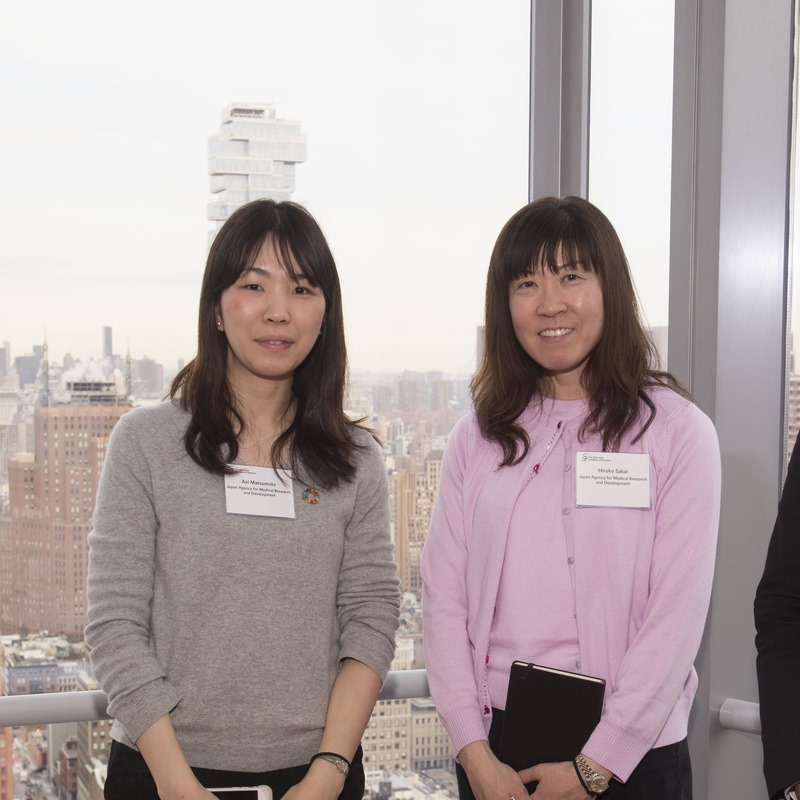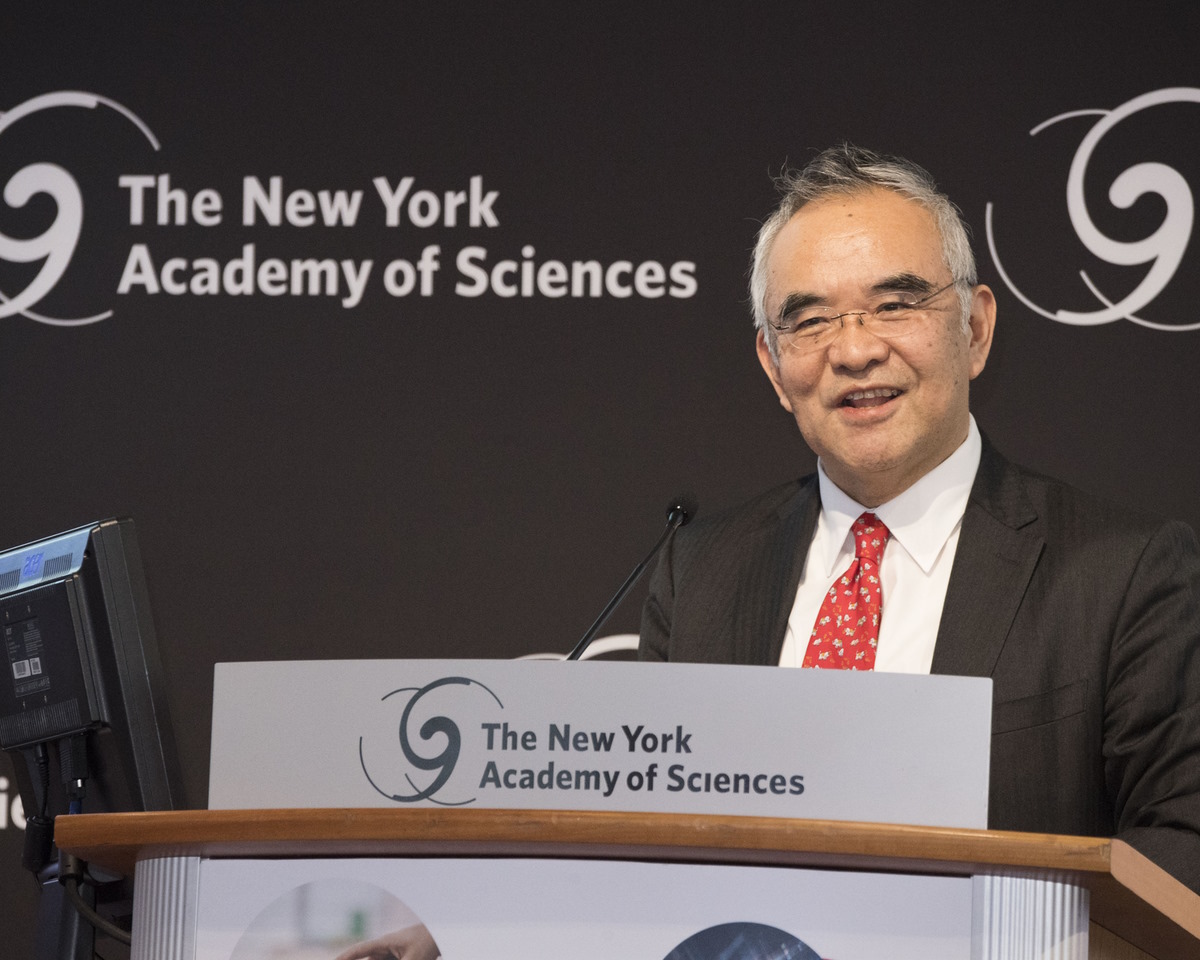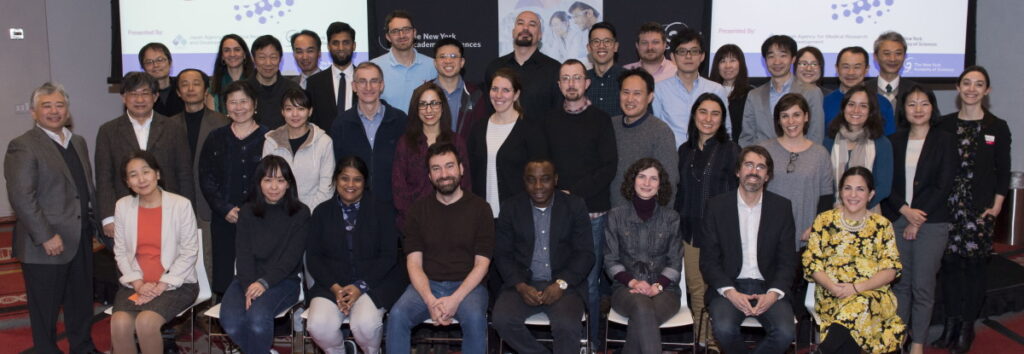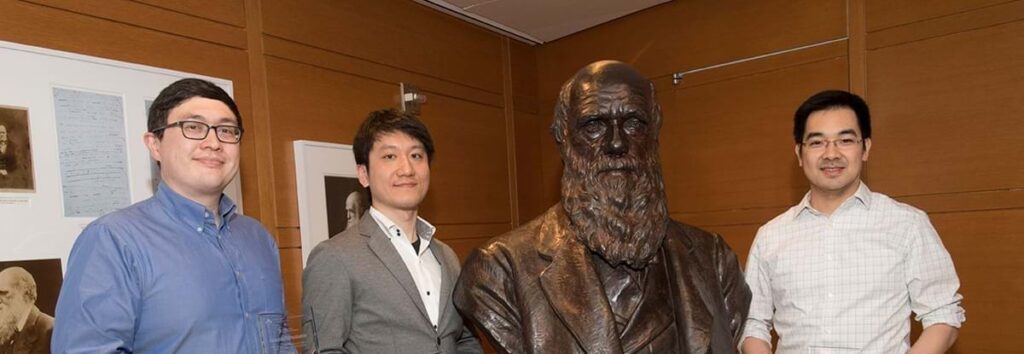Eligibility
Applications are invited from ECIs who have backgrounds in the following broad categories:
- Biomedical Research
- Life Sciences
- Physical/Natural Sciences
- Biotechnology/Analytical technology (including data/computer science)
To be eligible, an applicant should have the following:
- Hold a doctoral degree or equivalent (PhD, DPhil, MD, DDS, DVM, etc.)
- Have obtained their last doctoral degree within the last 10 years*
- Have been engaged in active research for 10 years or less since obtaining their doctoral degree or equivalent.
- Have ever obtained research grant on their own to carry out their research projects for more than 2 years or hold a tenure-track or equivalent faculty position at a university, private research institution, academic medical center, or national government laboratory
- Be proficient in speaking and writing in English for the purpose of professional science communication.
- Have never participated in the Interstellar Initiative activities/workshops of the previous rounds.
Note: Exceptions to these requirements may be made on a case-by-case basis at the discretion of the organizers. If you have questions about your eligibility, please contact interstellar@nyas.org.
*Extensions to this timeline will be made in certain cases such as a pause for family leave.
Proposal Guidelines
The application includes a request for a short proposal as outlined below. In addition to application to the portal, applicants who belong to Japanese institutions should submit their application to the e-Rad portal (https://www.e-rad.go.jp/en/).
ECIs must prepare a proposal that addresses the following:
Identify a critical research question in basic science, emphasizing its significance and potential impact, and outline a research plan detailing how your expertise can contribute to addressing this question. Include how you would aim to enhance this proposal through your participation in the Interstellar Initiative. Please note that this proposal is a starting point for team matching and idea development and may not be the final project you work on during the initiative.
Proposals may not exceed 1,000 words in length, must be in English, and must address the evaluation criteria outlined below. A supplementary figure may be included but is not required. The proposal should also include a few sentences defining the methodology, why the proposal is unique or different from existing research, and what will be known once there is an answer from the experiments.
Evaluation Criteria
- Clarity: There is a clear, well-defined question. The aims are structured so that they answer a specific question.
- Scope: The extent to which the proposed research question represents a challenge impacting the entire field and not solely the interests of the applicant.
- Quality: The extent to which the proposed research question is defended and the research solution is valid and scientifically rigorous.
- Impact: The extent to which the proposed research solution may influence the field.
- Novelty: The extent to which the proposed research solution challenges existing paradigms and employs new methodologies or concepts.
- Promise: Future prospects in the field and potential for further significant contributions to science.
Questions
Please email interstellar@nyas.org with any questions.







